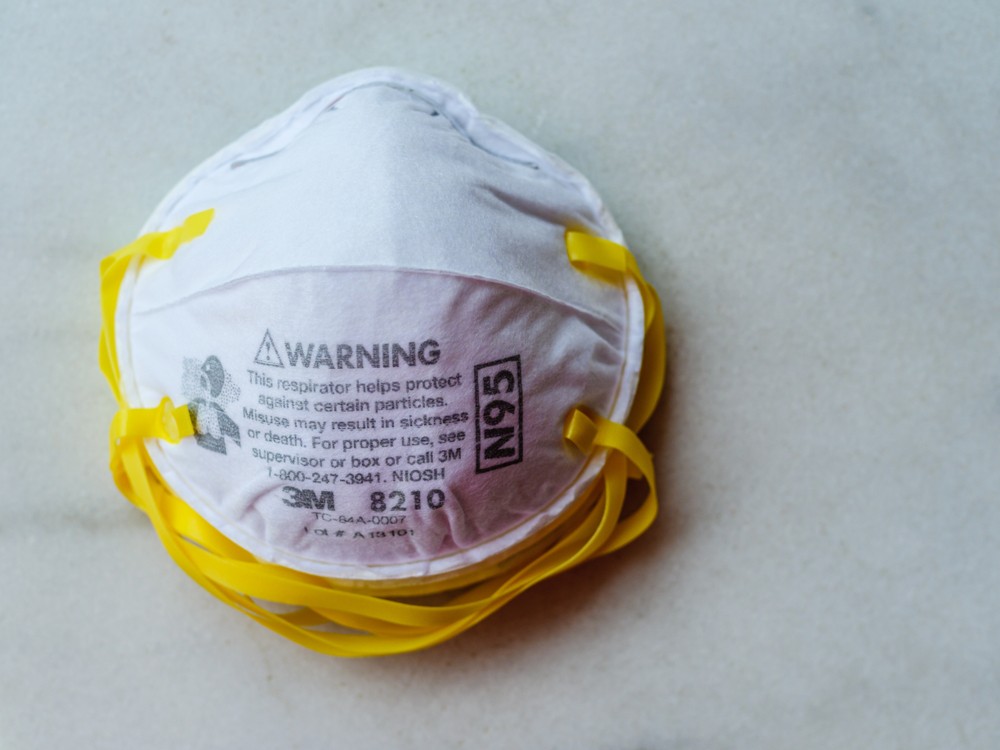COVID-19 Dominates March 2020 Manufacturing ISM® Report On Business®

To say there’s been volatility in the manufacturing sector over the last 6-12 months is an understatement. Trade wars and political uncertainty drove industry down and lifted it up in a 2019 rollercoaster — one that slowly spilled into 2020.
Now, the COVID-19 global pandemic appears to be a harbinger for what industrialists have feared throughout the last 12 months: a manufacturing recession. As more supply chains fall victim to COVID-19 disruptions and the virus continues to blight the U.S., downturn has reared its ugly head in the March 2020 Manufacturing ISM® Report On Business®.
The tale of the tape is instability
Despite just a one-point decrease in the total PMI® from February to March, the individual metrics of the March 2020 report are a slew of peaks and valleys. New orders saw the bottom fall out, with a decrease of -7.6 points. Supplier deliveries grew by nearly an identical amount, up +7.7 points. Prices fell an astounding -8.5 points, down into the 30s on the PMI scale for the first time since January of 2016.
Almost every other metric on the March 2020 PMI registered significant fluctuation. Production fell -2.6 points, employment dropped -3.1 points, order backlogs lost -4.4 points, and exports fell -4.6 points. Outside of supplier deliveries, customers’ inventories was the only other metric to increase — up just +1.6 points.
With nearly the whole of March 2020 below the 50% line separating contraction from expansion, the manufacturing economy has fallen back into concerning territory. The drivers are clear.

COVID-19, oil wars, and trade tensions
COVID-19 is likely the death knell for bullish global markets, but it’s far from the only catalyst. Manufacturing’s numbers have trended down for the better part of 2019 thanks to uncertainties caused by the U.S.’ trade war with China. This instability was realized as China’s factories began to shutter due to the initial COVID-19 outbreak, when domestic manufacturing saw a slight bump. Now, as we deal with the pandemic stateside, domestic manufacturing’s last foothold appears to be disintegrating.
Sentiment from various manufacturing sectors testifies to the ongoing harm of COVID-19, and most manufacturers believe the stagnation of the economy will drag the whole of the economy into recession, manufacturing included.
“COVID-19 has caused a 30-percent reduction in productivity in our factory.” (Machinery)
“All North American manufacturing plants have ceased operations or drastically scaled back as a result of customer plant closings and other responses to COVID-19.” (Plastics & Rubber Products)
In a perfect storm of variables, a Saudi-Russian price war over oil has brought manufacturing to its knees on a global level. With oil prices historically low, the prospect for manufacturing offers plenty of short-term damage.
“The two main issues affecting our business [are] COVID-19 and the oil-price war. We are in daily discussions and meeting constantly, updating tracking logs to document high risk concerns.” (Chemical Products)
“World demand for petroleum products is declining, while supply is ramping up. We have lost supply chain visibility to certain locations.” (Petroleum & Coal Products)
Supply chains across the world face disruption and lack of oversight, leading to numerous problems for manufacturers. What’s more, these problems are expected to continue throughout April and into May — potentially further — as the world continues to combat COVID-19.
The combination of an early-stage pandemic, trade tensions, and oil wars are the perfect storm for disrupting manufacturing, likely sending the sector and the economy into recession — or perhaps even depression the longer these headwinds blow.